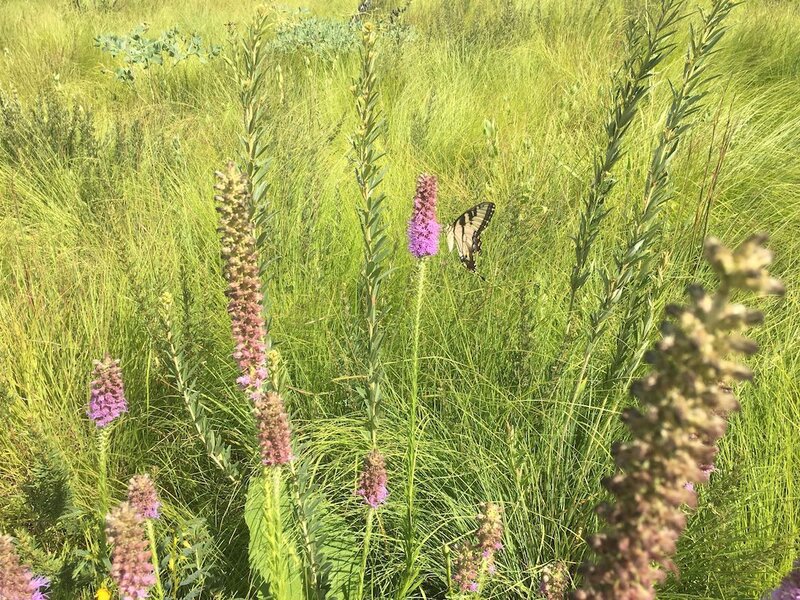Readers write: Prairie presence, and delayed adulthood
Prairie presence
Regarding the Feb. 18 Points of Progress article, “Slow and steady, grassland grows”: As a native of a prairie state – North Dakota – the article on grasslands expressing concern for their conservation evoked a “yes!” There are national grasslands established in North Dakota, and when I bought a 1/3-acre piece of odd land within Bismarck, I planned to find prairie grasses to plant around the house I would build. I was concerned that children particularly would have only a textbook awareness of these beautiful and useful plants. Farmlands around Bismarck were being developed rapidly, doing away with any shred of native grasses.
I planted six kinds on a hillside I’d terraced, and for the next seven years, I enjoyed them through all seasons. I only heard one comment from an elderly passerby, who thought the blue-blooming flax magnificent. But I hope that others enjoyed not only the flax but the grammas and bluestems, also in all seasons. Yes, I did have lawns, too, and flowers, but my private prairie was much appreciated in its own way.
Dorothy J. Jackman
Salt Lake City
Delayed adulthood
The Jan. 14 cover story, “Adulting 101,” misses the obvious explanation for why some adolescents are delaying the transition to adulthood. If you look at the history of the United States or at the world around us, you see a progression in the age at which children take on the responsibilities of adults.
At first, children are sent out into the fields and factories as soon as they are physically able. Then they stay at home for primary education, then high school, and then college. Each step is rightly viewed as an indicator of social and economic progress and a promise of future progress. And so it is today. Until recently, only the rich could afford to ease their children’s post-college transition into the adult world. Now, many in the middle class can afford to do this as well, and so they do. It’s as simple as that.
Eric Klieber
Cleveland Heights, Ohio






